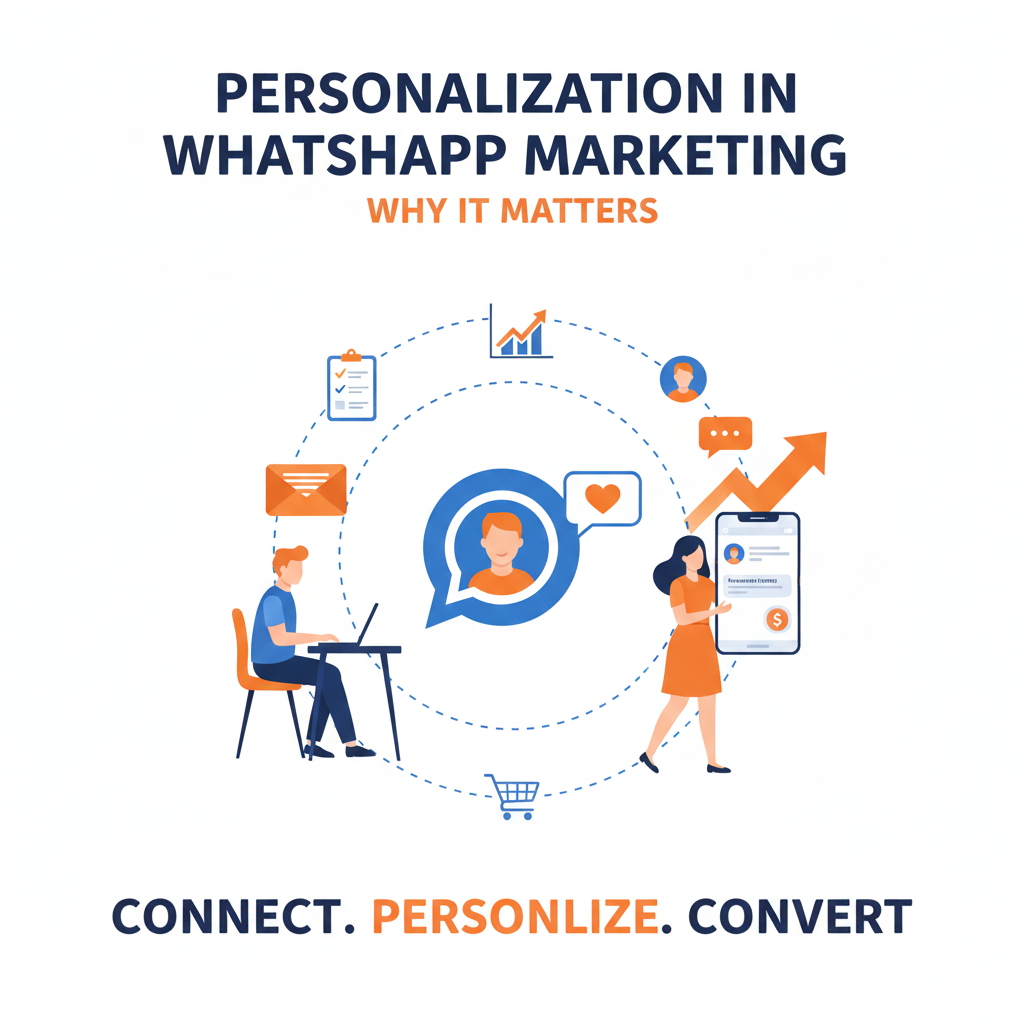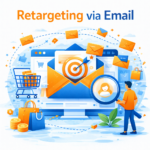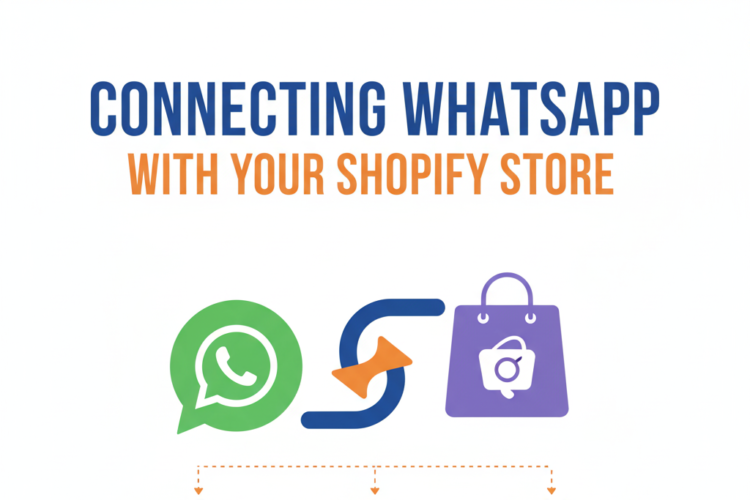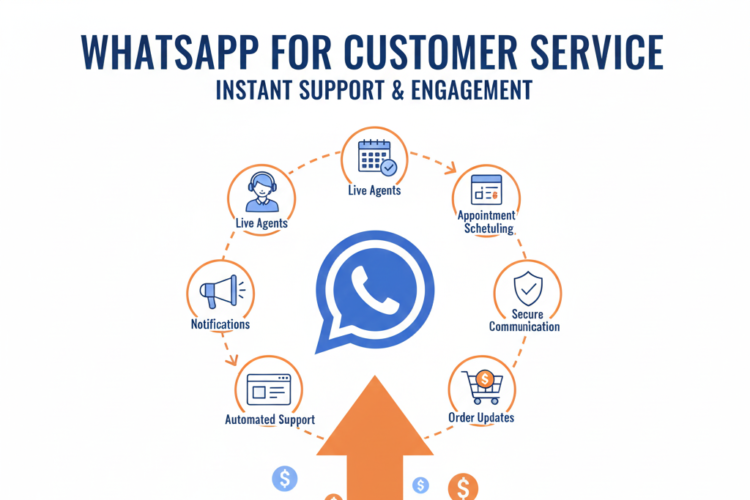
Personalization in WhatsApp Marketing: Why It Matters
Introduction
In today’s competitive digital landscape, personalization has become the cornerstone of effective marketing strategies. Consumers expect brands to understand their needs, preferences, and behaviors, and to deliver highly relevant and engaging experiences. WhatsApp, with its massive user base and direct communication capabilities, presents an excellent opportunity for businesses to implement personalization at scale.
This detailed guide explores the importance of personalization in WhatsApp marketing, its benefits, implementation strategies, and real-world case studies to help you enhance customer engagement and drive conversions.
The Importance of Personalization in WhatsApp Marketing
What is Personalization in Marketing?
Personalization refers to tailoring marketing messages, offers, and interactions to individual customers based on their preferences, behavior, and demographic data. It transforms generic communication into meaningful engagement.
Why Personalization is Crucial in WhatsApp Marketing
Enhanced Customer Experience: Personalized messages create a more engaging and relevant experience.
Higher Engagement Rates: Customers are more likely to respond to tailored messages.
Improved Conversion Rates: Targeted offers and recommendations lead to higher sales.
Stronger Customer Loyalty: Personal interactions build trust and brand affinity.
Key Elements of WhatsApp Personalization
1. Customer Segmentation
Segment your audience based on demographics, purchase history, and engagement levels.
Create different message templates for new customers, repeat buyers, and inactive users.
2. Personalized Messaging
Use customer names and personalized greetings.
Reference past purchases or interactions.
Send tailored product recommendations.
3. Behavioral Triggers
Automate messages based on user actions (e.g., abandoned cart reminders, re-engagement prompts).
Send birthday and anniversary discounts.
Provide proactive customer support based on previous queries.
4. Dynamic Content and Media
Use images, videos, and voice notes personalized to each customer.
Share exclusive content based on user preferences.
How to Implement Personalization in WhatsApp Marketing
1. Collect and Leverage Customer Data
Gather insights from website activity, purchase history, and customer interactions.
Integrate CRM systems with WhatsApp Business API.
2. Use WhatsApp Business API for Automation
Set up chatbots for personalized responses.
Automate follow-ups and reminders.
3. Create Personalized Campaigns
Develop tailored promotions and exclusive offers.
Personalize newsletter-style WhatsApp updates.
4. Utilize AI and Machine Learning
Predict customer preferences based on data analysis.
Recommend products based on user behavior.
Case Studies: Success Stories of Personalized WhatsApp Marketing
Case Study 1: E-Commerce Brand Boosting Sales with Personalized Offers
Challenge: Low engagement in WhatsApp marketing campaigns.
Strategy: Used purchase history to send tailored discounts.
Result: 30% increase in conversion rates.
Case Study 2: Travel Agency Enhancing Customer Experience
Challenge: Lack of customer engagement in WhatsApp conversations.
Strategy: Sent personalized itinerary updates and travel tips.
Result: Higher repeat bookings and positive customer feedback.
Case Study 3: Restaurant Using WhatsApp for Personalized Customer Retention
Challenge: Customers not returning after initial visit.
Strategy: Sent personalized meal recommendations and loyalty rewards.
Result: 40% increase in repeat visits.
Best Practices for Personalized WhatsApp Marketing
1. Maintain a Human Touch
Avoid over-automation and ensure messages feel natural.
Use a friendly and conversational tone.
2. Respect Privacy and Consent
Obtain user permission before sending messages.
Provide easy opt-out options.
3. Monitor and Optimize Campaigns
Track engagement metrics to refine personalization efforts.
Conduct A/B testing for message effectiveness.
Conclusion
Personalization is the key to unlocking the full potential of WhatsApp marketing. By leveraging customer data, behavioral insights, and automation tools, businesses can create highly engaging and relevant experiences that drive loyalty and sales. Implement these strategies to transform your WhatsApp marketing campaigns and build deeper connections with your audience.
This guide provides a comprehensive roadmap for incorporating personalization into WhatsApp marketing. Let me know if you need further customizations or additional insights!
Author



